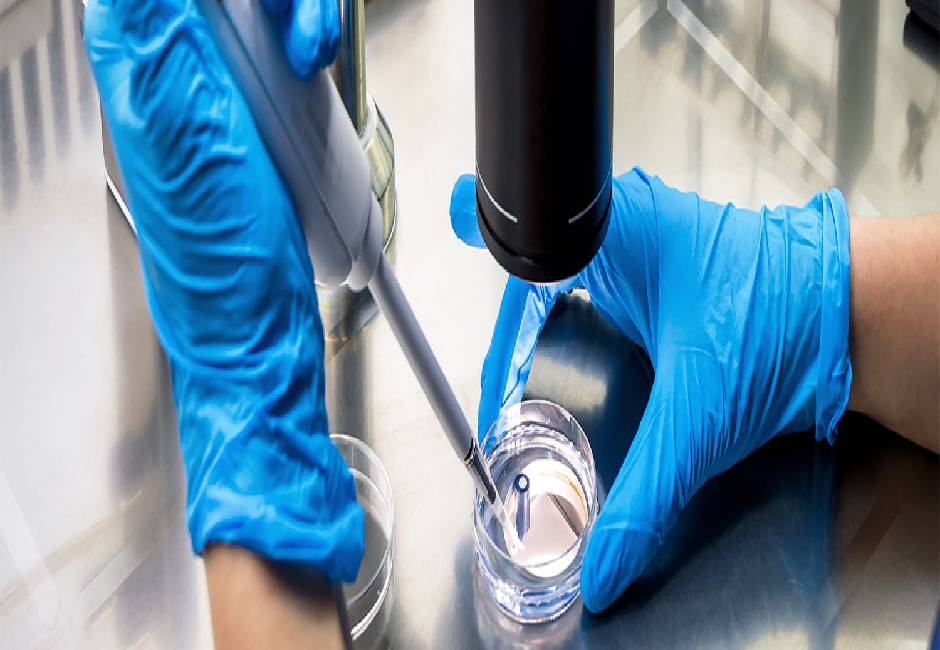July 19, 2020
Studies conducted in the USA, Netherlands, Germany, Singapore, and the UK have shown that people not exposed to Covid-19 presented T cell reactivity against SARS-CoV-2 antigen long before the Covid-19 outbreak. What this means in relation to the severity of Covid-19, or how unexposed subjects show immune cell reactivity to SARS-CoV-2, is still a matter of much debate and controversy. However, scientists are speculating about a possible T cell memory activity triggered by exposure to ‘common cold’ coronaviruses (CCCs), such as HCoV-OC43, HCoV-HKU1, HCoV-NL63, and HCoV-229E, which circulate in the human population and are responsible for mild self-limiting respiratory symptoms. More than 90% of the human population is seropositive for at least three of the CCCs.
High levels of pre-existing T cells that recognize SARS-CoV-2 could lead to a faster and more robust immune system response against SARS-CoV-2, thus mitigating disease severity and creating a better chance of a successful vaccine. On the other hand, if a pre-existing immunity is considered detrimental due to a potential inferior immune response of the memory T cells re-activation, this could be found during vaccine trials. Back in 2009, when the H1N1 influenza pandemic broke out, a presumably pre-existing immunity developed decades earlier was likely responsible for the better outcome in the older population.
So far, there is enough data to support the existence of SARS-CoV-2 pre-existing immune reactivity in the population, potentially due to previous immunity to CCCs. Further studies have yet to determine what the implications might be for the severity of COVID-19 and vaccine testing and development.
Luciana Aparecida Campos Baltatu, PhD
College of Health Sciences
Abu Dhabi University
Resources:
Sette, A., Crotty, S. Pre-existing immunity to SARS-CoV-2: the knowns and unknowns. Nat Rev Immunol (2020). https://doi.org/10.1038/s41577-020-0389-z

